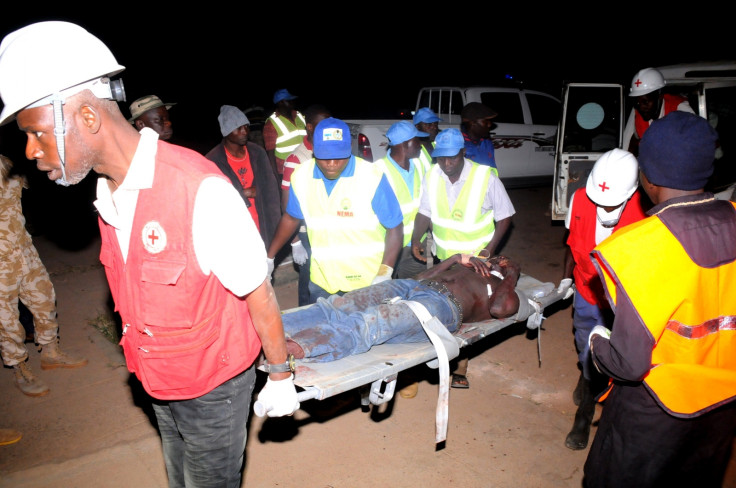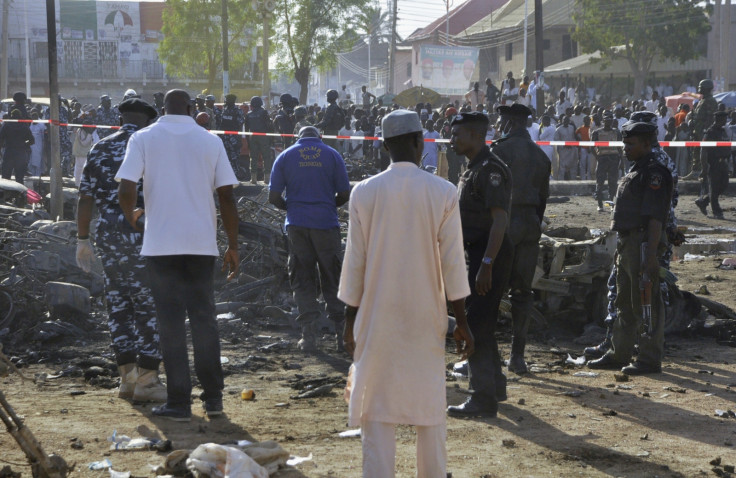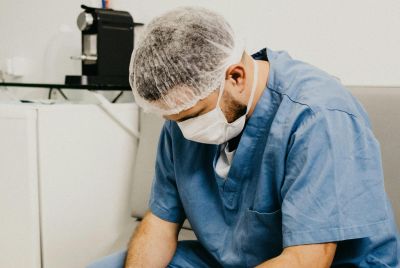Boko Haram attacks threaten to derail Nigerian elections as terror crisis grows

Judging by the situation on the ground, it seems 2015 elections may not be held in three Nigerian states, Adamawa, Borno and Yobe, all of which are under emergency rule.
On 4 January at about 5:45pm local time, officers and men of the Nigerian Army sped through Damaturu, (the Yobe State capital) with six Armoured Personnel Carriers and several troops, in the direction of Borno State where members of Boko Haram, had overrun the base of the Multi-National Joint Task Force (MJTF) in Baga the previous day.
The key concern of Inusa Bawa, who works in the Yobe State Civil Service, was whether the government would be able to contain the activities of the insurgents early enough for the people of the state to participate in the upcoming general elections, scheduled for February.
With Yobe, Borno and Adamawa States under constant attack, many have expressed the fear that the 5.6 million voters spread across these three north-eastern states will be denied their voting rights. With total registered voters put at just above 18 million for the whole of Nigeria, it is almost certain that disenfranchising over 5.6 million will jeopardise the most crucial of the elections: the race for President.
The crippling effect of the activities of the Boko Haram members is also now becoming very visible to both politicians and the local public. Bawa has been forcibly removed from his Damaturu home several times by the dreaded sect, and he and his three small children only escaped Boko Haram's camp when the military attacked it.
He says: "Even if the rest of the country can go it alone for other elections, the most unfair thing to do will be for us not to vote in the presidential election. However, it will also be unwise for us to risk going out to vote if the situation is not brought under control."

Serious fears have been expressed over this development, and they are real. Even the country's electoral body, the Independent National Electoral Commission, has said it is ready to go ahead with the conduct of the election in the areas under insurgent attack, once there are security guarantees for its staff.
Though the commission, through its Chairman, Prof. Attahiru Jega, says it is not sure of how it will grapple with the internally displaced persons in different camps, it has said the major factor which will determine the viability of the elections will be security.
The crippling effect of the activities of the Boko Haram members is also now becoming very visible to both politicians and the local public.
That fear is far from misplaced, as the activities of the insurgents have cut off power in most of Borno State. The Minister of State for Power, Mohammed Wakil, on Sunday said the activities of Boko Haram have hampered efforts to restore electricity. A few weeks back, it took the intervention of soldiers of the 7 Division, Maiduguri to prevent the killing of those who were on the verge of fixing the faults along the power line when the militants struck.
An even greater fear, following the overrunning of the MJTF base in Baga, is that if the Islamist sect could take on the military successfully, then no one is safe. Since the Baga incident, 18 female soldiers and the Colonel in charge of the Nigerian troops at the base have yet to be seen, raising fears of their abduction by the insurgents.
Bawa speaks for a lot of Nigerians, especially those in the North East, when he says: "The fear of respite not coming our way is so thick in the air. And it is becoming clearer by the day that those of us in this part of the country will be disenfranchised in the upcoming elections."
Dotun Oladipo is an investigative journalist based in Lagos. You can read more of his work at www.theeagleonline.com or find him on Twitter @oladotun1969.
The article was kindly facilitated by My African Passport, a consultancy that specialises in developing and supporting African businesses, projects and events. Visit the MAP website for more info.
© Copyright IBTimes 2025. All rights reserved.





















